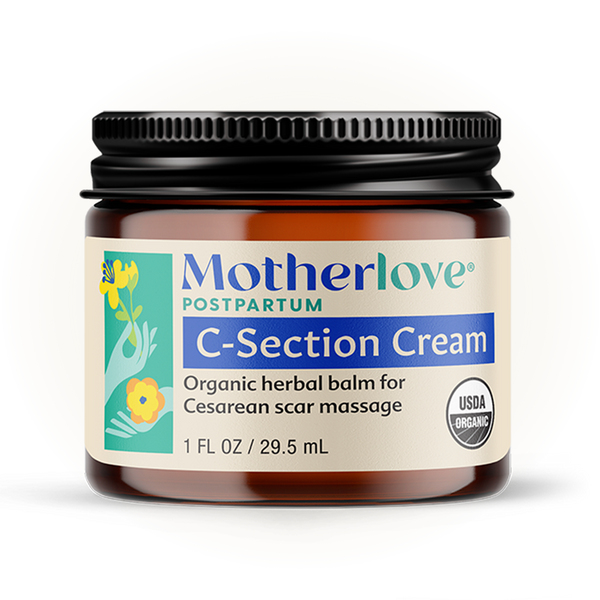Written by: Bentley Porterfield-Finn, Doula
The miraculous feat of growing and birthing human life is awe-inspiring. It is what our bodies are uniquely built to do. Sadly, we live in a culture brimming with fearful depictions of childbirth—constantly planting seeds of doubt and apprehension. In a state of immense vulnerability, doula support is invaluable. The goal of a doula is to cultivate a safe, comfortable environment for birthing persons. They work to bring confidence, empowerment, and joy back to birth. Where there is birth, there should be doulas. Unfortunately, doulas are often viewed as a luxury, not a necessity.
WHAT IS A DOULA?
Doulas are trained non-clinical birth professionals who offer physical, emotional, and informational support to birthing persons from pregnancy to postpartum. Doula support acts as a buffer against the negative effects of stress. In nature, when an animal feels threatened, their body releases catecholamines, a stress hormone, to stall labor. Humans are no different. Birthing persons have an inherent need for privacy, safety, and support in order for labor to progress. The role of a doula is to help foster and maintain this environment. With the ultimate goal of helping birthing persons have the most positive labor experience possible, doulas advocate for choices, attend to emotional needs, and ensure informed consent is received.
THE BENEFITS OF WORKING WITH A DOULA
Research shows doula support has the potential to mitigate the experience of birth trauma and reduce the cost of childbirth (for families, hospitals, and insurance providers). A 2017 Cochrane review of birthing experiences of more than 15,000 “women” found that those who gave birth with the support of a doula experience:
- 15% increased likelihood of having a spontaneous vaginal birth
- 39% decreased likelihood of having a Cesarean birth
- 10% decreased likelihood of needing pain medications
- 31% decreased likelihood of reporting a negative birth experience
- shorter labors by about 41 minutes
- increased rates of breastfeeding.
Additionally, babies born at doula supported births are less likely to have low five-minute Apgar scores (a measurement of babies’ health and well-being).[1] Research also reveals the cost-saving potential of doula support. [2] This has been seen in Oregon and Minnesota, the only two states that have passed legislation to obtain Medicaid reimbursement for doula support.
DOULA VALUE FOR BIPOC COMMUNITIES
The cost-saving potential is great, but a doula’s value should not solely be measured monetarily—empowerment and support are priceless. The United States has the highest maternal mortality rate of the developed world. Birthing persons of color are at a disproportionately higher risk—Black women are three to four times more likely than non-Hispanic White women to die due to childbirth-related causes.[3] These statistics reveal that the U.S. medical system inadequately supports birthing persons.
While there has been increased recognition of the deplorable racial disparity and U.S. maternal mortality rate, there is a seemingly delayed discussion of how to alleviate these disparities. Increased accessibility to doula support for Black birthing persons (specifically by Black doulas) should be a part of this health equity solution. People of color report lower satisfaction than White people regarding communication with medical providers.[4] Doulas could act as a liaison, using their experience with childbirth to increase the quality of communication between providers and birthing persons. Additionally, doulas can assist in care navigation, promote health literacy, and provide culturally competent social support, all contributing to better health outcomes.
Doula support should not become industry-driven solely by economic gain. Because doula support is not yet integrated into the medical model of care, doula support has become a private doula-for-fee system. So, this life-saving support has grown to become expensive. This is one of the primary reasons it has come to be viewed as a luxury—only accessible to those with extra capital. Culturally, dominant narratives of birth situate families and medical staff as expected characters in the birth story, while doulas are absent, or liminal characters.[5] This liminality has led to a lack of general knowledge about doulas and view of them as an “extra.” And while the intentions of many private doulas are genuine, their price tag perpetuates the stigma of doulas as a luxury.
Doula support should be available to birthing persons of all races and all socioeconomic backgrounds. The support doulas offer is valuable and the responsibility should not fall on them to volunteer their services to rectify the lack of human-centered continuous support provided in hospitals. Ultimately, we need to move away from a solely private doula-for-fee model towards a community-based collaborative care model. Striking a balance where anyone who wants a doula can have one, while doulas are also fairly compensated is important. Doulas should be treasured members of birth teams, not simply an added benefit for those who can afford it. Developing a community-based model of doula support and changing the cultural narrative of doulas as a luxury has the potential to improve health outcomes for all, particularly those of underserved, underrepresented communities.






